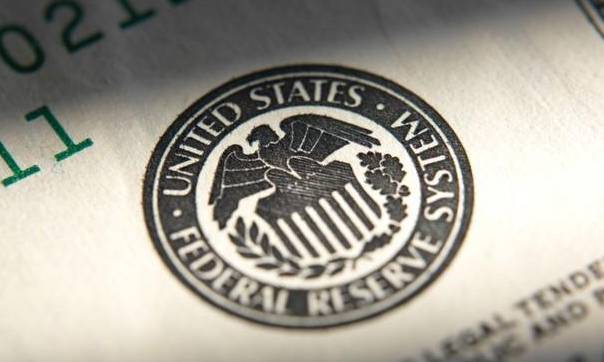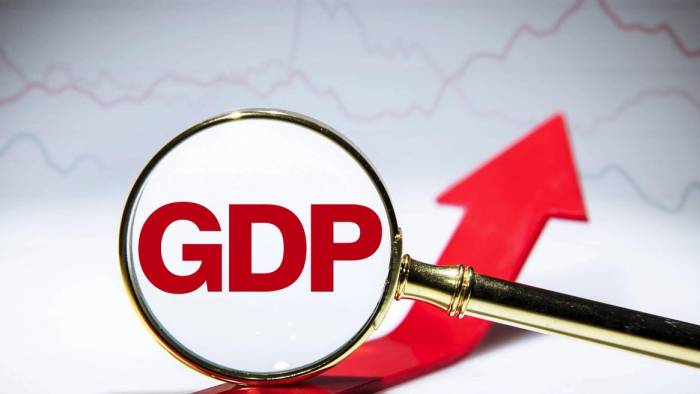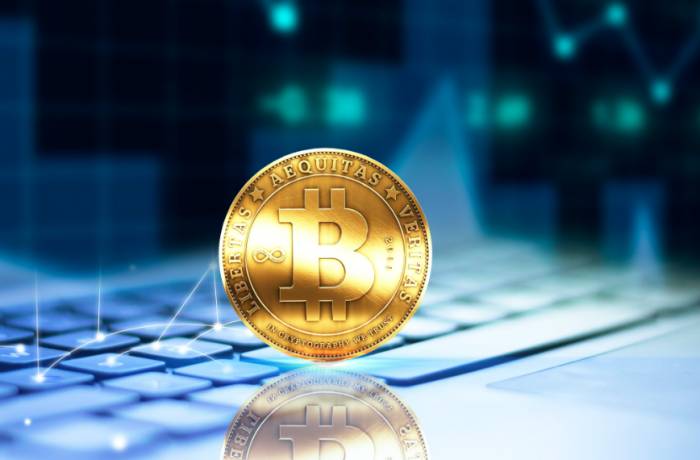On the global economic stage, every fluctuation in data can trigger a significant reaction in the capital markets. Recently, the release of the U.S. inflation data for August showed an unadjusted annual CPI rate of 2.5%, which is not only lower than the market's expectation of 2.6% but also the lowest level since February 2021. The unexpected release of this data has sparked a series of intense reactions in the global capital markets.
The U.S. Dollar Index demonstrated a strong upward trend following the data release, with a sharp rise in a short period. This robust performance is partly due to the market's reassessment of the Federal Reserve's potential actions in the upcoming monetary policy meetings. Initially, the market widely anticipated that the Federal Reserve would cut interest rates in the next few meetings, but the release of this data has led to a retreat in expectations for a significant rate cut.
At the same time, precious metals in the financial market, such as gold, have shown significant price fluctuations. Gold prices experienced a short-term "dive" after the data release, followed by a process of volatile recovery. This volatility not only reflects the market's sensitive reaction to inflation data but also demonstrates the role of gold as a safe-haven asset in the context of increasing global uncertainty.
Furthermore, the crude oil market has also shown a very active response. The Brent crude oil futures price rose rapidly after the news was announced, regaining the $70 mark. This price increase is partly due to traders' concerns about a significant drop in U.S. crude oil inventories and potential supply chain disruptions. These factors have collectively driven the rise in crude oil prices.
In terms of the stock market, the U.S. stock market's reaction is more complex. After the data release, the three major stock indices showed divergent performances at the opening, with the Dow Jones Industrial Average fluctuating downward after the opening, while the Nasdaq and S&P 500 opened higher and then fluctuated downward. This divergent performance indirectly reflects the market's different interpretations of the implications behind the inflation data.
These series of market reactions are undoubtedly a direct response to the unexpected slowdown in U.S. inflation data. Although overall inflation has slowed, the monthly rate of core CPI has exceeded market expectations, bringing new uncertainty to the market with this complex data backdrop.
Investors and analysts are trying to interpret these complex signals to predict the Federal Reserve's possible next moves. Although the market currently widely expects the Federal Reserve to cut interest rates by 25 basis points in next week's meeting, this expectation is not without controversy. The sequential growth of core inflation, especially the robust housing inflation, may make the Federal Reserve more cautious in decision-making.Over time, the market's initial reaction to these data may adjust, but in the short term, these figures will undoubtedly continue to influence the trajectory of global capital markets. Investors and policymakers need to closely monitor subsequent economic data and policy dynamics to better navigate potential market fluctuations.
Before delving into the impact of U.S. inflation data on global asset markets, it is essential to understand the economic underpinnings of these figures. As the world's largest economy, the United States' economic indicators, particularly inflation data, have a profound influence on global market trends. A slowdown in inflation is often seen as a signal of economic growth deceleration, which could lead the Federal Reserve to adopt a more accommodative monetary policy.
From the perspective of investment markets, the deceleration of inflation data has different impacts on various asset classes. For the bond market, lower inflation expectations typically lead to a decline in bond yields, as investors anticipate future interest rates will be lower. This time, despite a slight increase in core inflation rates, the market still expects the Federal Reserve not to adopt aggressive interest rate hikes, enhancing the appeal of long-term Treasury bonds and causing prices to rise.
For the stock market, a slowdown in inflation data should theoretically be positive news, as it eases cost pressures on businesses and helps improve corporate profitability. However, following the release of this data, the performance of U.S. stocks did not meet expectations. This is partly because the market had already anticipated rate cuts, and the slowdown in inflation might make the Federal Reserve more cautious in future monetary policy, creating uncertainty that worries stock market investors.
The reaction in the crude oil market is more straightforward. A slowdown in inflation data typically implies a reduction in economic activity, which could lower expectations for crude oil demand. However, the rise in crude oil prices this time was mainly influenced by geopolitical factors, particularly concerns about potential supply disruptions. This illustrates that in a globalized market, the impact of a single economic indicator is often offset or amplified by various factors.
In the precious metals market, gold is often seen as a safe-haven asset, and its price tends to rise when economic uncertainty increases. However, after the release of the inflation data, gold prices fell, possibly because the strength of the U.S. dollar increased the cost of holding gold. Additionally, the market's expectation that the Federal Reserve might not adopt aggressive rate cuts also reduced investors' demand for gold as a safe haven.
Furthermore, we must consider the potential impact of inflation data on other countries and regions. A slowdown in the U.S. economy could negatively affect the global export market, especially for countries that rely heavily on the United States as their primary export destination. Moreover, the strengthening of the U.S. dollar could also put pressure on other currencies, affecting the monetary policies and economic stability of these countries.
Looking ahead, although the slowdown in inflation data has caused considerable fluctuations in the market in the short term, it may provide a more moderate monetary environment for the global economy in the long run. Investors and policymakers need to closely monitor future economic data and policy dynamics to better respond to potential market changes.
In summary, the unexpected slowdown in U.S. inflation data has not only had a profound impact on the domestic market but also a broad impact on global asset markets. From monetary policy to investment strategies, from economic expectations to market psychology, every level is unfolding a new chapter under the influence of this data. How to find opportunities and avoid risks in this complex and volatile market environment will be a challenge that every market participant must face.Please provide the text you would like me to translate into English.






























Add your perspective